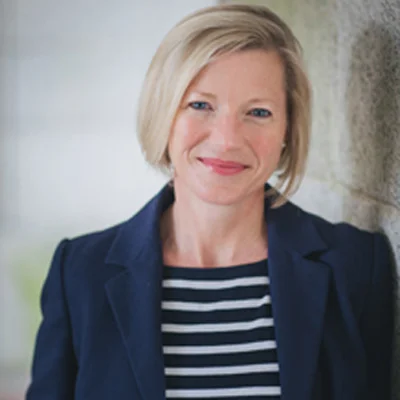Education
Reading Rights
We are now closed for applications. Our next start date for this course is TBC. Please enquire for more information and to register your interest.
EFPM009Z3
This course addresses the learning and teaching of reading, and seeks to develop critical understanding of the processes involved. It explores a range of theoretical understandings of how reading develops, from the earliest stages to adulthood; and provides opportunities to engage critically with a wide range of literature for children and young people.
This course is suited to:
The course is relevant to education professionals from all age phases, who have an interest in developing literacy, reading skill and enjoyment. It will particularly appeal to literacy educators and professionals working in the field of reading and children’s literature.
What will I learn?
In our lives beyond formal education, reading helps us to understand ourselves and our world. In this course you will learn about what it means to be a reader, and the role that reading and literature can play in our lives.
You will consider issues in the learning and teaching of reading, with a particular emphasis on early and picture book reading, developing reading comprehension strategies, and the strategies needed to be a successful reader in the 21st century.
You will also have opportunities to read and develop a critical appreciation of a wide range of children’s literature, from picture books, through to award winning and challenging texts, as well as teen fiction and crossover fiction.
Learning outcomes
- Demonstrate a critical understanding of reading comprehension and comprehension strategies
- Critically evaluate different disciplinary perspectives of models of reading
- Demonstrate a critical understanding of literature written for children
- Consider and critically reflect on ideas concerning the relationship between educational theory, research, policy and practice
- Critically reflect upon and evaluate your own understanding of current issues and debates in education and those of others
- Present ideas and engage in critical reflective debate
- Synthesise and organise ideas to present an argument
- Undertake both directed and independent study to recognise, justify and analyse key ideas in the literature and relate these to research, theory, policy and practice
How is the module assessed?
| Assessments | % | Length/Duration |
|---|---|---|
| Essay | 0 | 500 words |
| Individual presentation (PowerPoint with audio) | 30 | 1,000 word equivalent |
| Essay | 60 | 3,500 words |
| Engagement log | 10 | 500 words |
For this course, you should expect to engage in structured learning activities for 10-15 hours per week on average, plus additional time spent on self-directed learning (such as further reading or preparing for assessments).
The taught course can be completed in 12 weeks, with the final submission in week 11. Marking and feedback are provided after this, in line with University policy.
Module staff

Dr Clare Dowdall
Lecturer in Education

Professor Fiona Maine
Professor of Language and Literacy in Education
Entry Requirements
For postgraduate programmes we usually require students to have a minimum of a 2:1 undergraduate degree or equivalent.
While we normally only accept applicants who meet this criteria, if you have a high 2:2 (or equivalent) or are coming from a different academic background (that is equivalent to degree level) but you also have relevant work experience, we would welcome your application.
English language requirements
International students need to show they have the required level of English language to study this course.
The required test scores for this course fall under Profile B2.
- 12 weeks (plus assessment and feedback)
- 10-15 hours per week on average
- 30 Masters level credits



